
Artist-in-Reticence
Artist-in-Reticence
A month ago, I found out that I was going to be a literary artist-in-residence. I was shocked and delighted, but also uncomfortably pleased with myself for managing to secure such an opportunity. I felt honoured. And excited. Yet an underlying sense of hubris was there as well, with a scratchy voice in my inner ear like Gollum’s. “This is mine,” it muttered desperately and with uncharacteristic arrogance.
I was so disquieted by this side of myself that I quickly began turning inward. I started to question why I had applied for the residency and whether I deserved it. Who was I to represent an entire movement, shaking free from the societal norms of silence regarding infertility? What was I doing masquerading as a writer with ideas and skills to pass onto others? How could I have thought that my proposed programs would even appeal to the public, let alone connect them in any meaningful way to their own writing? Where had I found the audacity to even apply?
I spiraled. I sunk rapidly into self-doubt, and the inner critic I have spent the last year learning to dismiss crept up behind me, sunk her fingers into the flesh of my upper arms, and held on, hissing countless shortcomings against the back of my neck.
I spent the next three weeks flip-flopping. Some days I found myself grateful and looking forward to the residency. Other times, I couldn’t find reprieve from tension headaches and aching shoulders. I carefully programmed and diligently carried out preparations. I interrogated my motives and challenged my integrity.
The one thing I didn’t do was write.
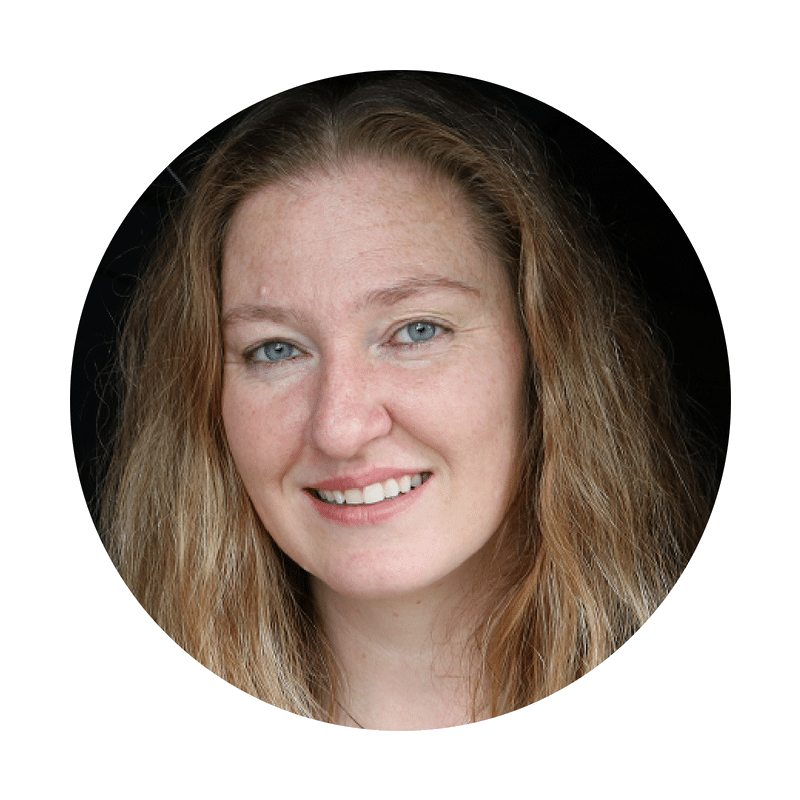
.
About Jennifer
Jennifer wrote her first poem at the age of six, and she has been involved in the world of words as an editor, a blogger, and an article writer. She is published in and shortlisted for a growing number of local, national, and international electronic and print publications, regularly reads at literary events, co-runs a writing group, and actively pursues educational opportunities to further develop her craft. Most recently she had an essay, titled Bairnlorn, appear in the Globe & Mail, placed first in the My City, My Words poetry contest, and wrote and handcrafted two board books for her son.
You can follow Jennifer on Facebook, Instagram, Twitter and/or Pinterest.
I had allowed the denigrator inside to stay my hand – to leave my pen capped upon the table, my laptop still beneath a pile of disheveled papers. I was disappointed in my paralyzed state and worried of what it could mean for my forthcoming residency. So when a friend pointed out an opportunity to craft a story for a contest with a quickly approaching deadline, I chose to dismiss the snicker within and to embrace my competency and creativity.
I wrote. I edited. I reworked and polished. By the time I was done, I was proud of the piece I submitted, and – more importantly – I had reconnected to my belief in myself and in what I know I can accomplish as a writer. More to the point, I had gotten out of my own way.
There is a danger in too much analysis. Being someone who has elected to pursue a passion founded in looking and thinking deeply, I recognize the irony in these words. But if all we do is examine, prod and second-guess, we will never get to the work. Silencing the voices – be they unabashedly prideful or shriveling in their timidity – allows us to get what we must onto the page.
I know the cacophony of conflicting thoughts will return. Again and again, I will have to face the introspective noise of my mind. It is inevitable. However, I chose how finely I tune into the din and how I counter its effect. This time, I was able to prevail because of a deadline. Now and then, it takes breaking down my goals. It could involve the skills of a good listener or the bend in a familiar forest path. It may require the soft, arching back of a cat beneath my hand, the scent of Nag Champa as I meditate, or the sweetened bitterness of a caramel latte. The key could be space or perspective or focus.
Mostly, it is simply about getting myself into the chair, in front of my screen or notebook, fingers poised.
Come and Join the Midlife Memoir Breakthrough
A Five-Day Live Event (18-22 March) in Sydney with Joanne Fedler

In this hands-on, intimate workshop (an eclectic mix of teaching, instruction, writing exercises, meditations, ritual, sharing and other joyful activities), I will teach you how to take the material of your life – the moments that counted, no matter how shattering or modest – and weave them into a memoir that makes sense of it all.



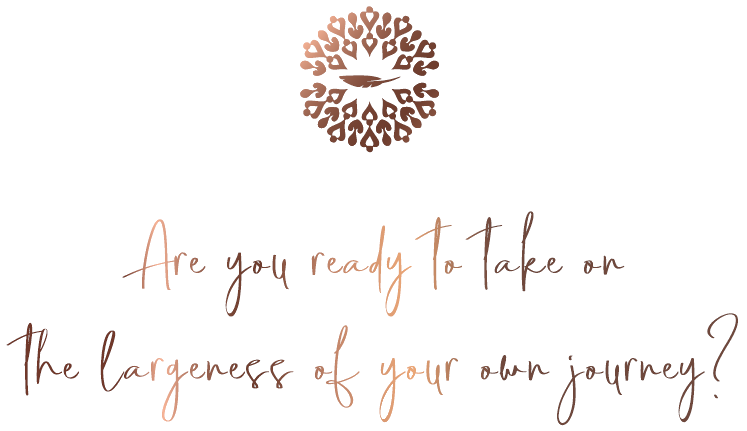

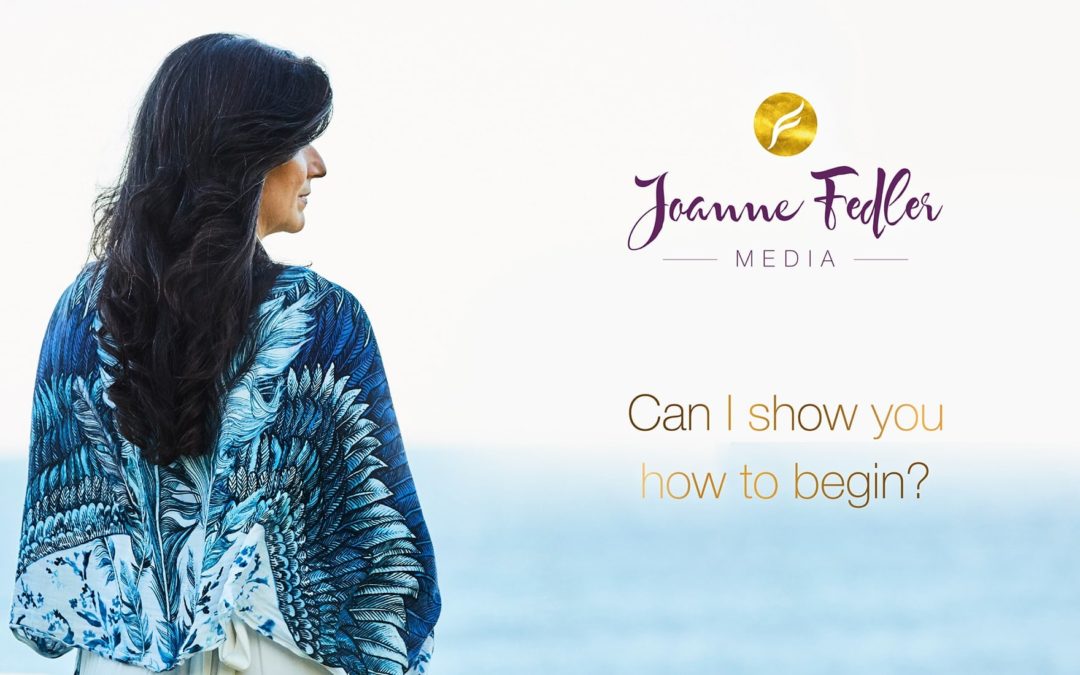
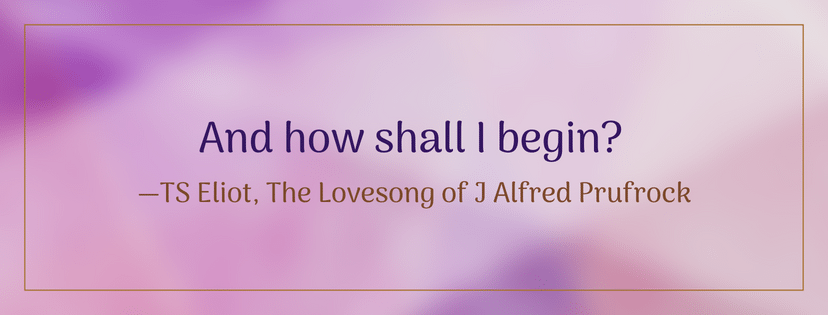
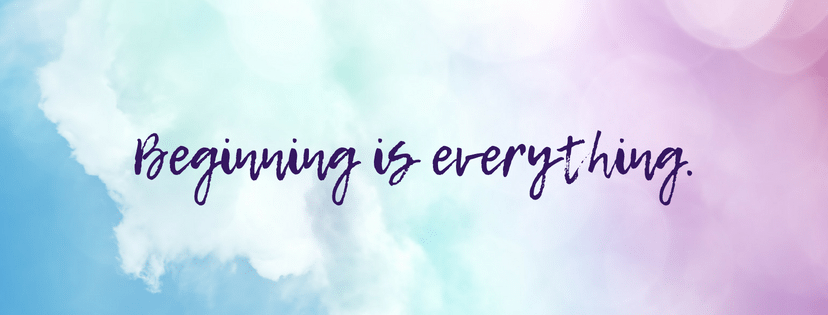
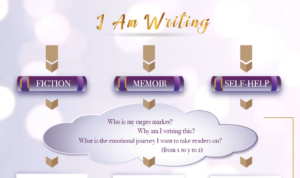 Below, you’ll find a map – an infographic – which will ask you to identify whether you’re working on fiction, memoir or self-help and will then guide you to the essential questions you need to tackle as a starting point for each one.
Below, you’ll find a map – an infographic – which will ask you to identify whether you’re working on fiction, memoir or self-help and will then guide you to the essential questions you need to tackle as a starting point for each one.